
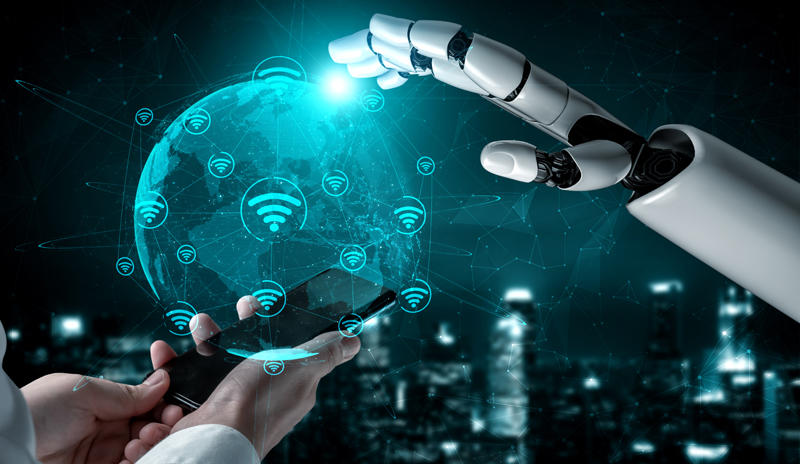
It has been decades since artificial intelligence was proposed, but why has this technology experienced explosive growth only in recent years? This phenomenon is no accident. It is precisely thanks to the increasing maturity of digital technologies such as cloud computing, the Internet of Things, and big data that artificial intelligence has made substantial progress: cloud computing provides an open platform for artificial intelligence, and the Internet of Things ensures data security. Real-time sharing, and big data provides unlimited resources and algorithm support for deep learning.
The digital transformation of traditional enterprises and the integration of technologies in these fields have promoted the continuous upgrading of artificial intelligence technology, in order to realize its evolution from "intelligent perception" to "intelligent thinking" and "intelligent decision-making" A solid foundation was laid.
Enterprises with strong digital innovation capabilities have an increasing influence on the market and consumers. Any company that executes a digital transformation strategy can become a market leader, and early adopters are already starting to reap the benefits, growing revenue, profitability and market valuation.
The key to digital transformation should be all-round, including leadership transformation, all-round experience transformation, information transformation, operating model transformation, and work resource transformation.
Artificial intelligence and industries help to give birth to new formats and business models. Artificial intelligence technology has already begun to shine in industries such as medical, industry, agriculture, finance, commerce, education, government, and public security. Due to different industries, the presentation forms, application scenarios and production impacts of artificial intelligence technology are also diversified.
At the current stage, the application of artificial intelligence technology is more mature in the four fields of finance, retail, medical and smart cities, and it has a particularly profound impact on the changes and changes in these industries. .
Artificial intelligence technology has fully entered the era of artificial intelligence in various fields. Its invisible tentacles have begun to penetrate into urban management, business operations, environmental protection, public safety and every corner of people's work, life and entertainment, thereby speeding up decision-making, minimizing costs and improving efficiency, and promoting the development of products and services. Innovation.
#In the near future, we will see that the quality of life and economic level of the entire human society will undergo tremendous changes due to the promotion of artificial intelligence. Every individual, from governments to enterprises to small individuals, will become the beneficiaries of artificial intelligence.
Through the development of artificial intelligence technology, society is undergoing tremendous changes. Individuals are also evolving rapidly, relying on ever-increasing capabilities in “deep learning and reinforcement learning.” With the continuous updating of artificial intelligence technology and the integration of other emerging technologies, application scenarios, and subdivided industries, artificial intelligence technology will further contribute to endless innovation potential.
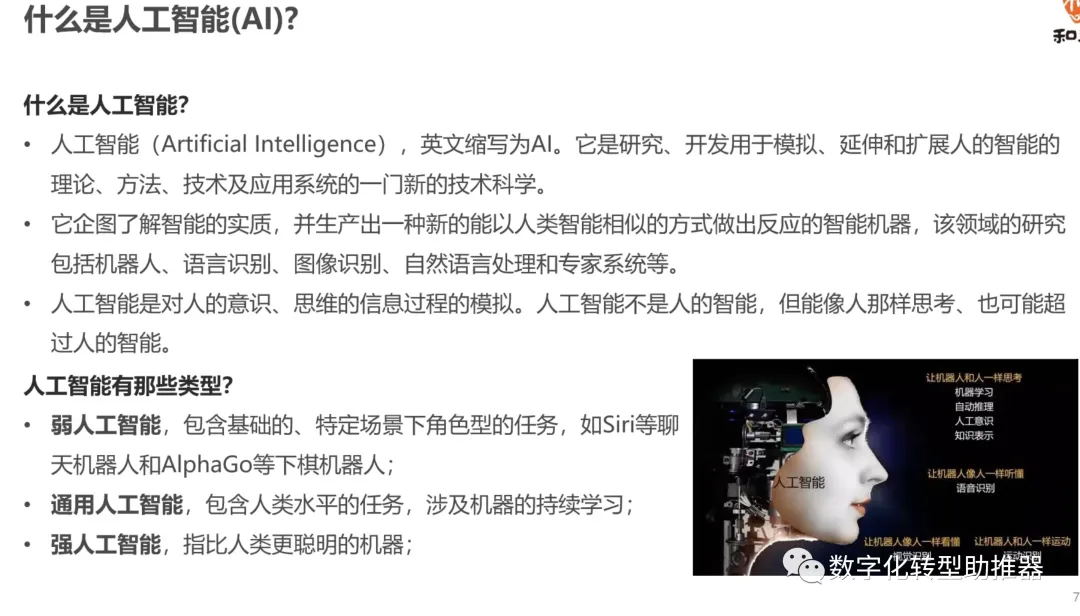
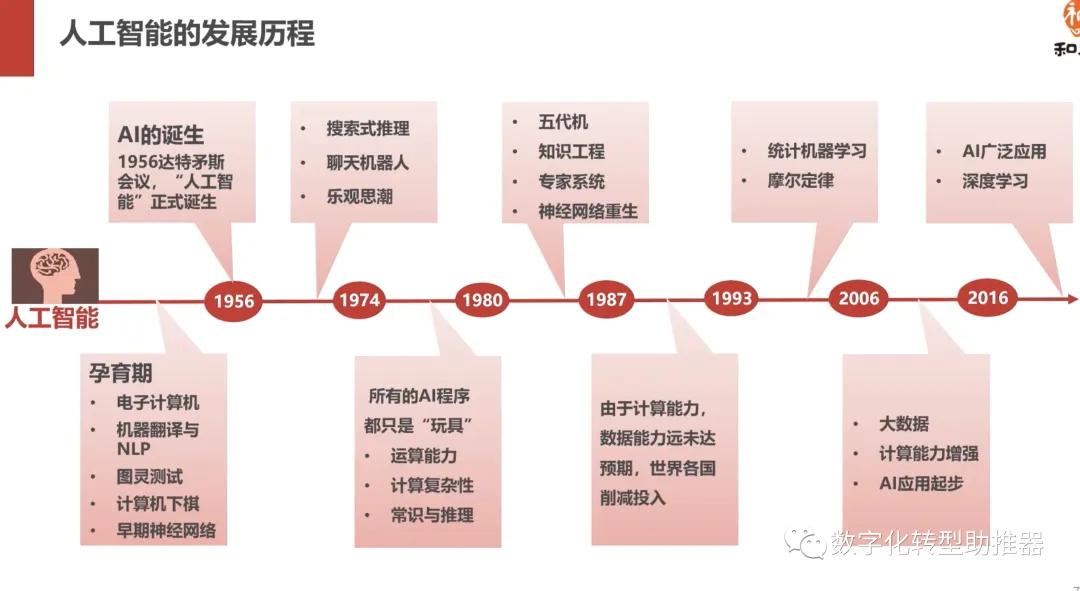
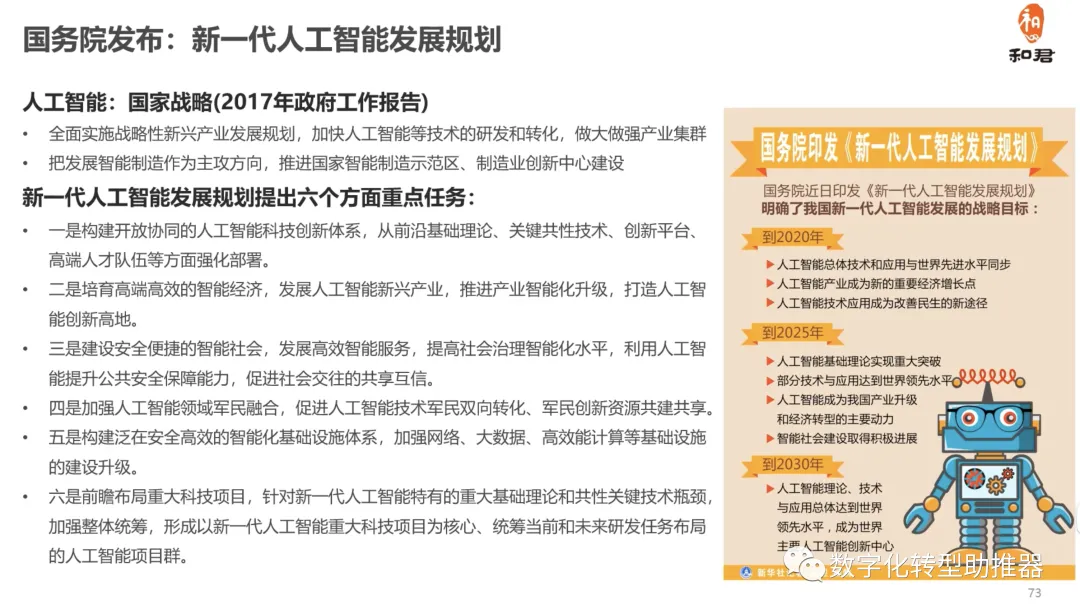




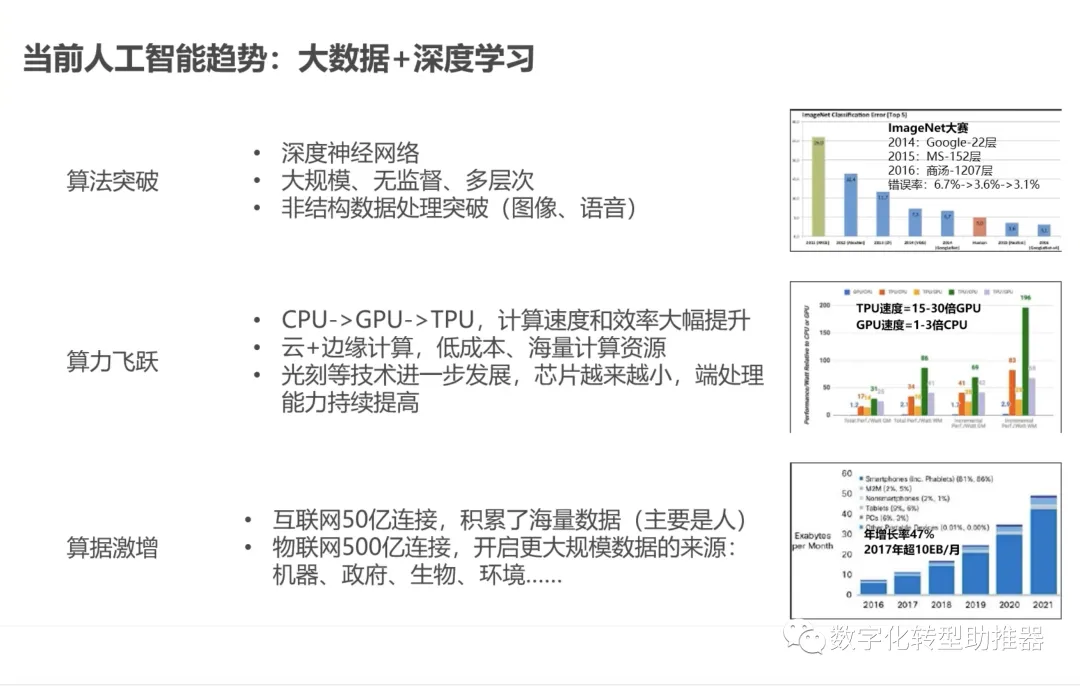
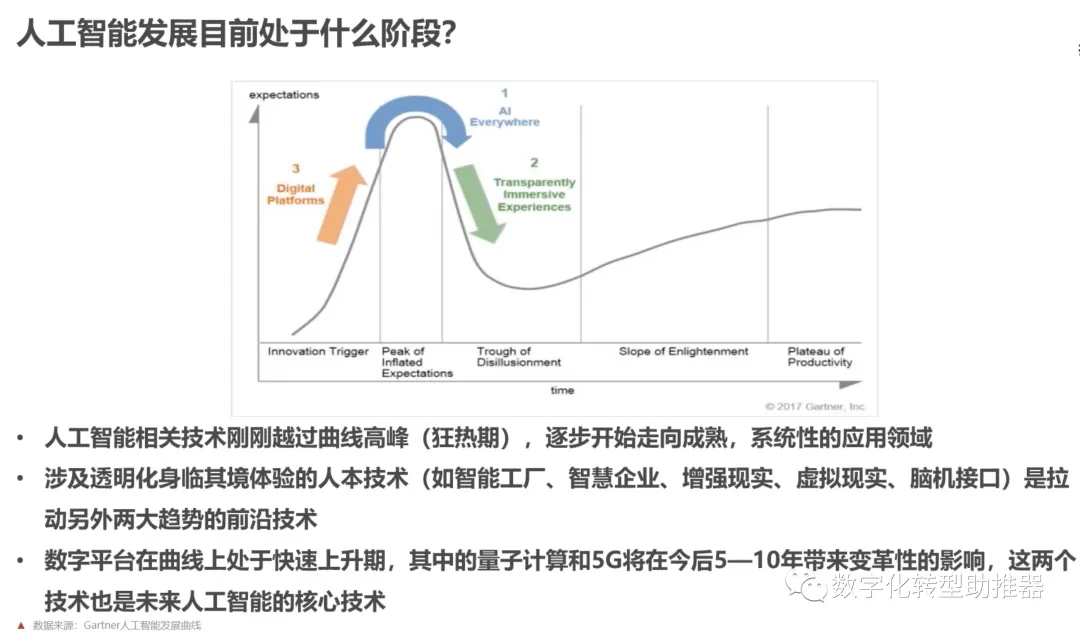
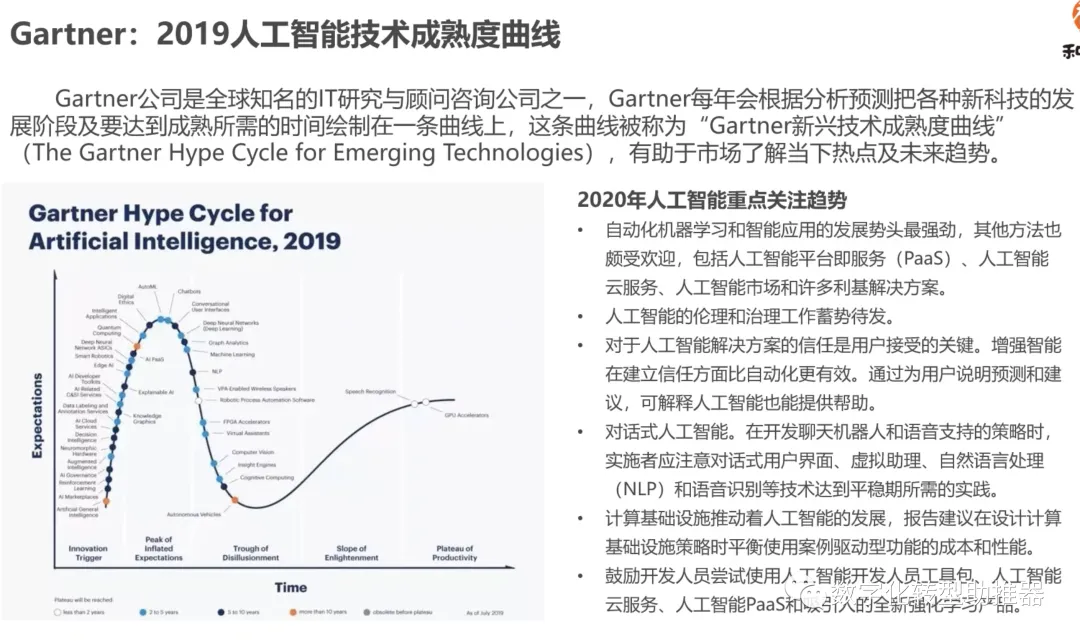
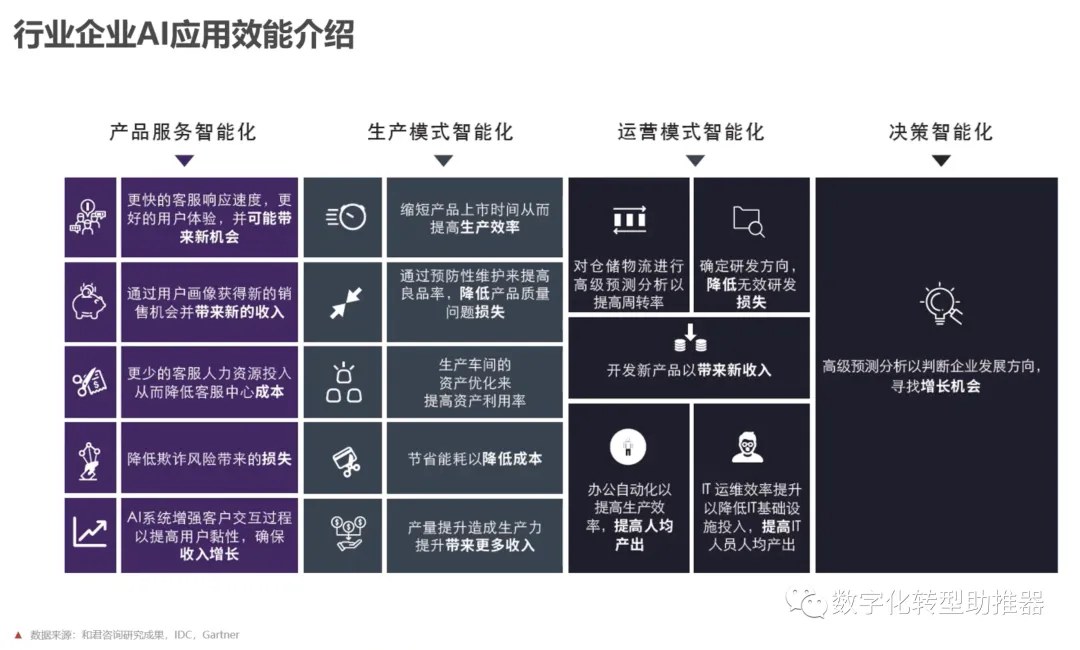
##
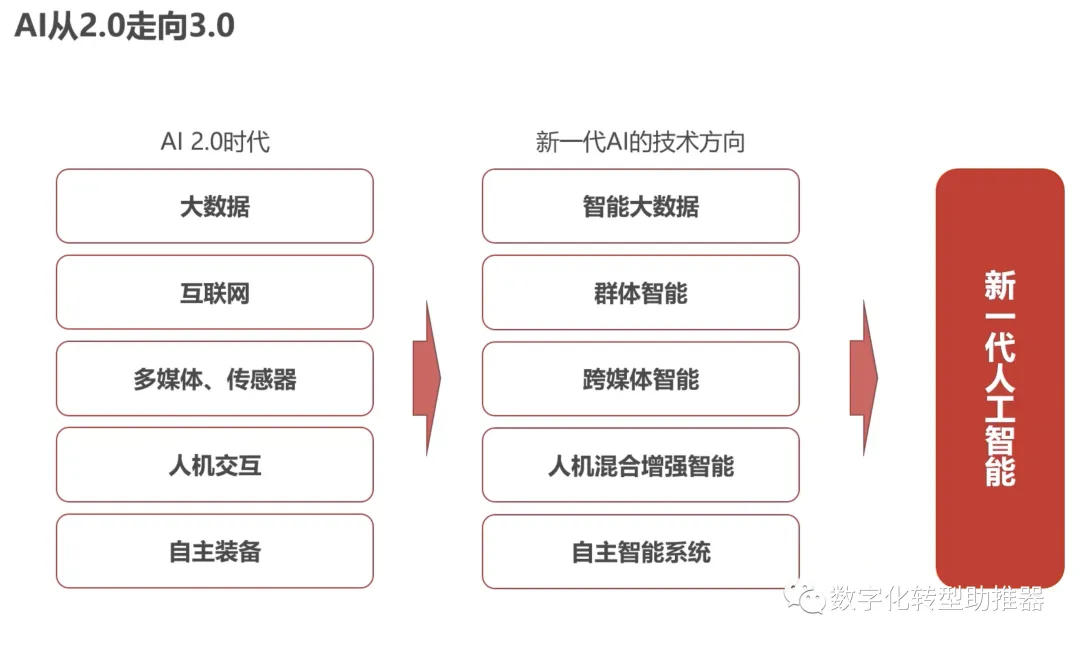
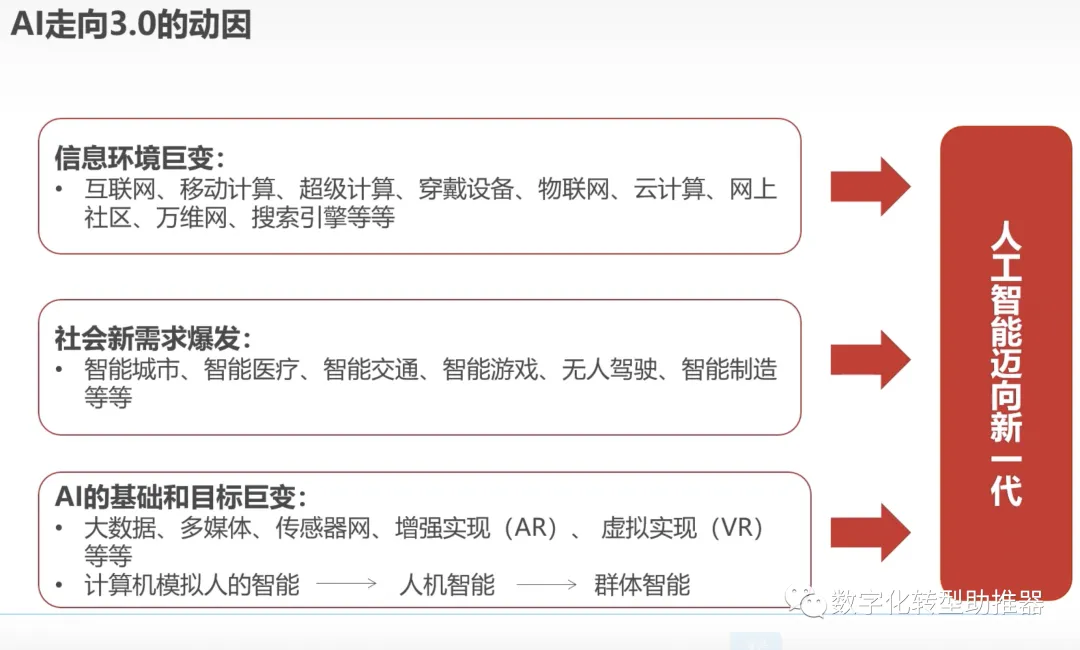
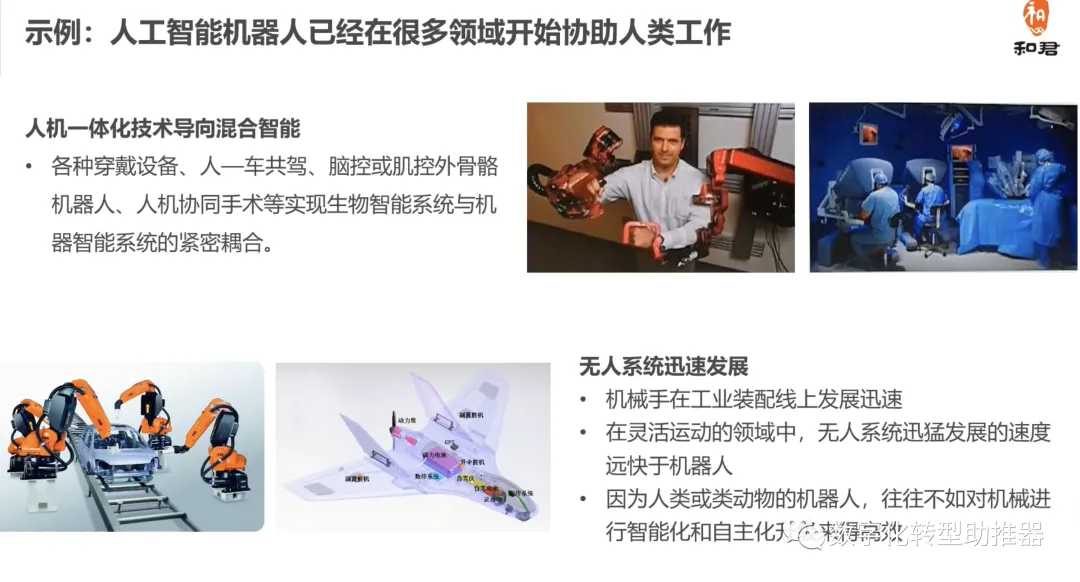
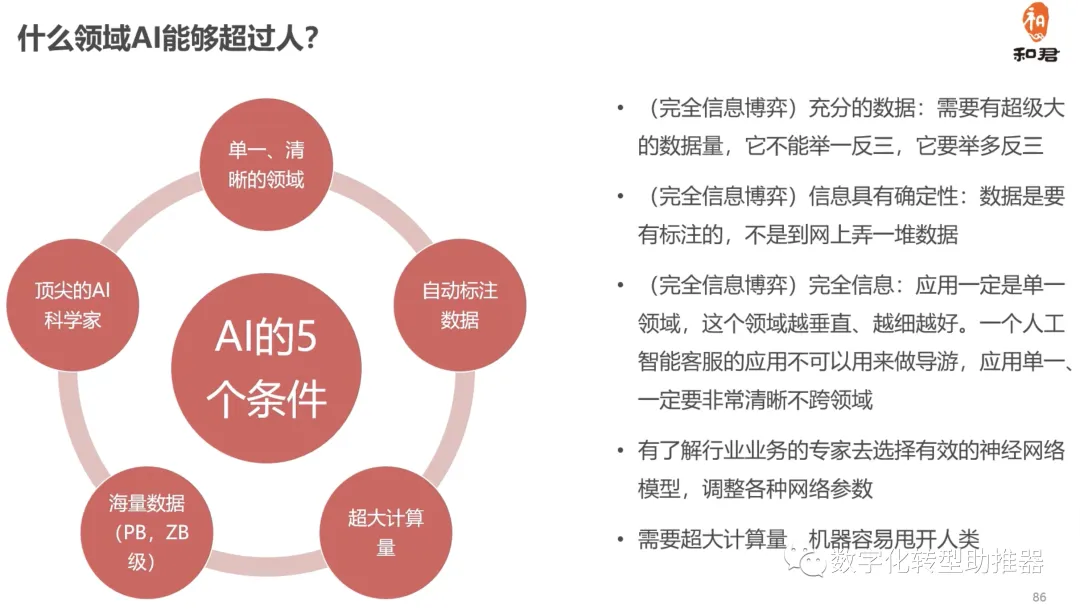
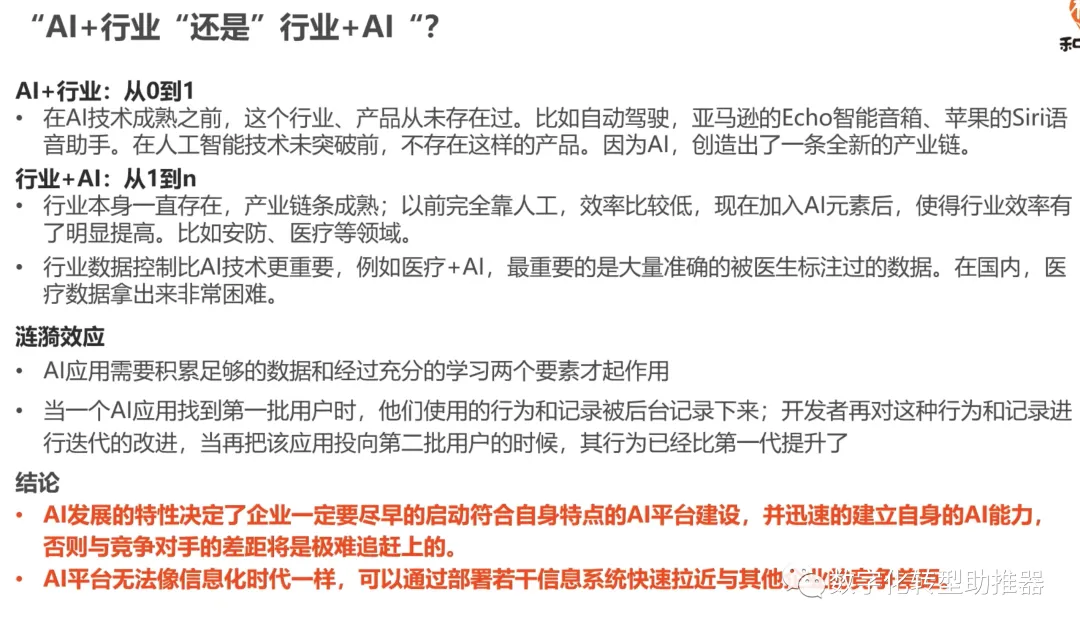
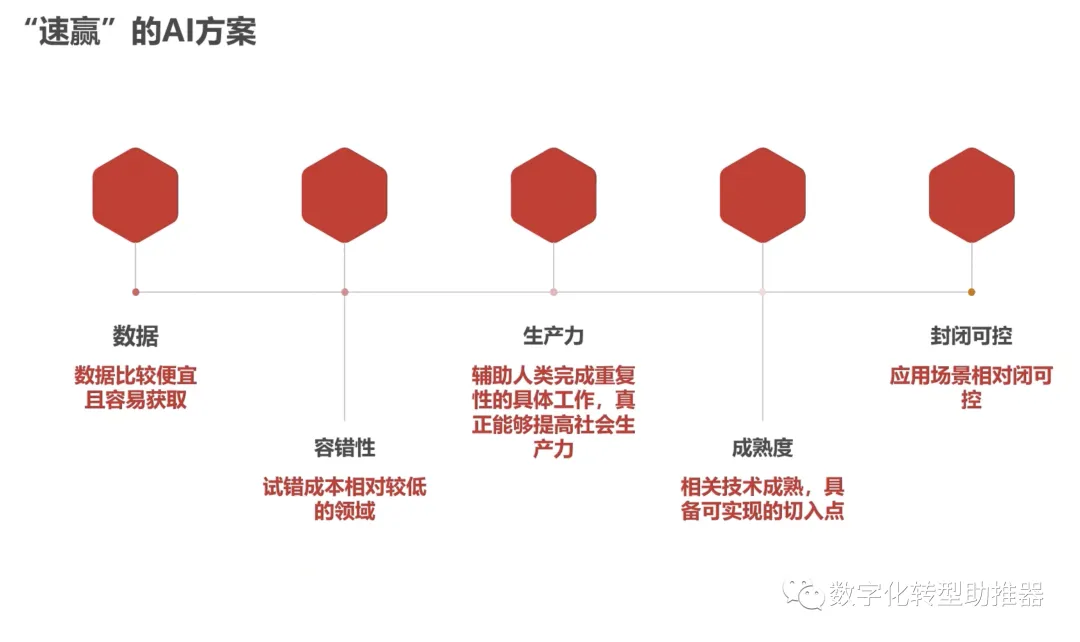

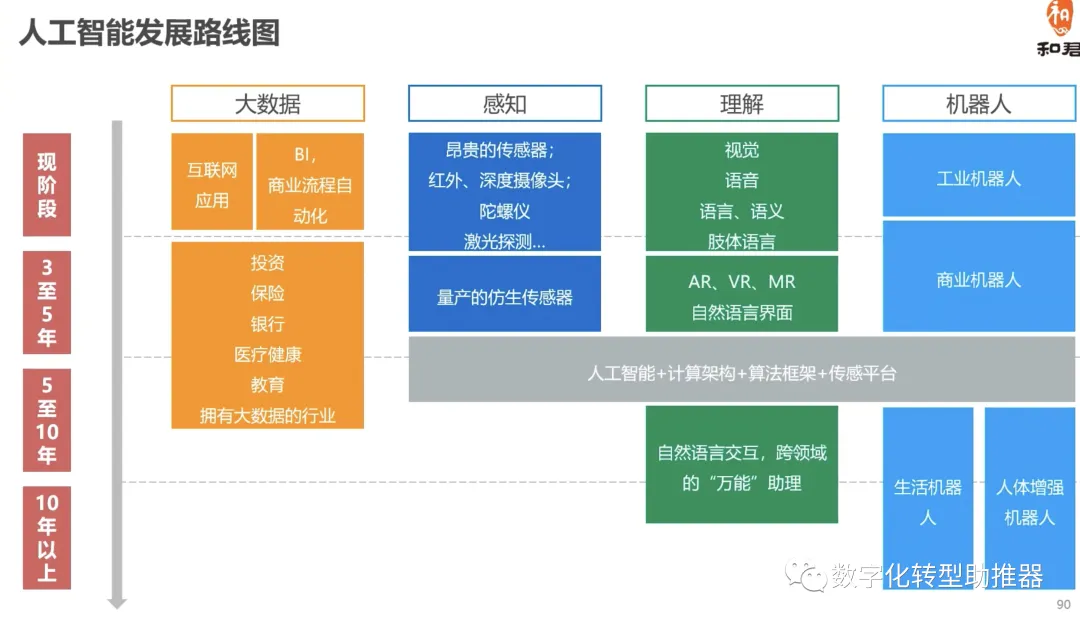
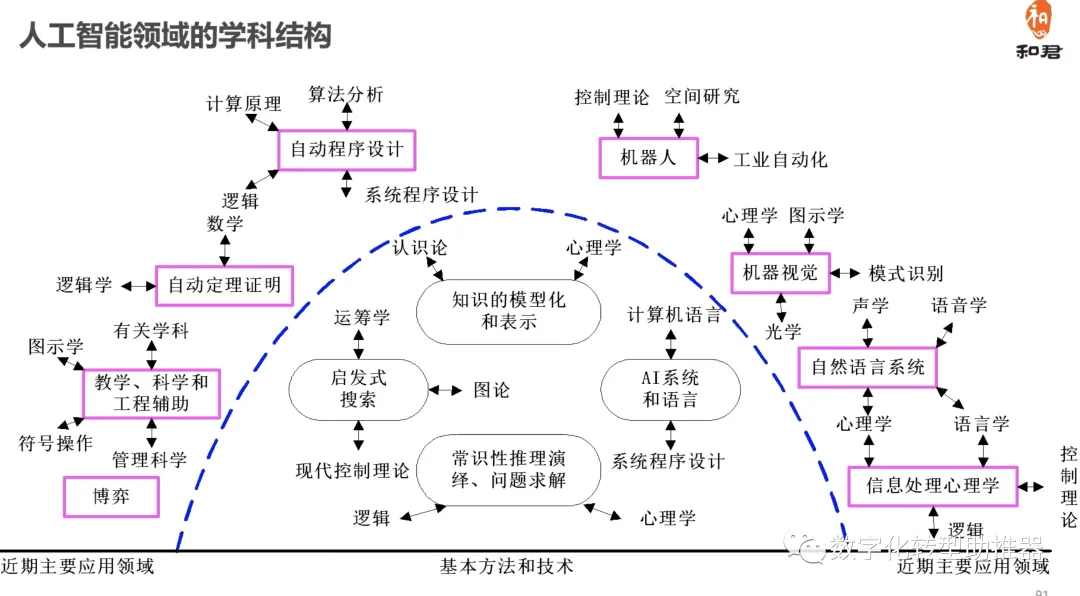
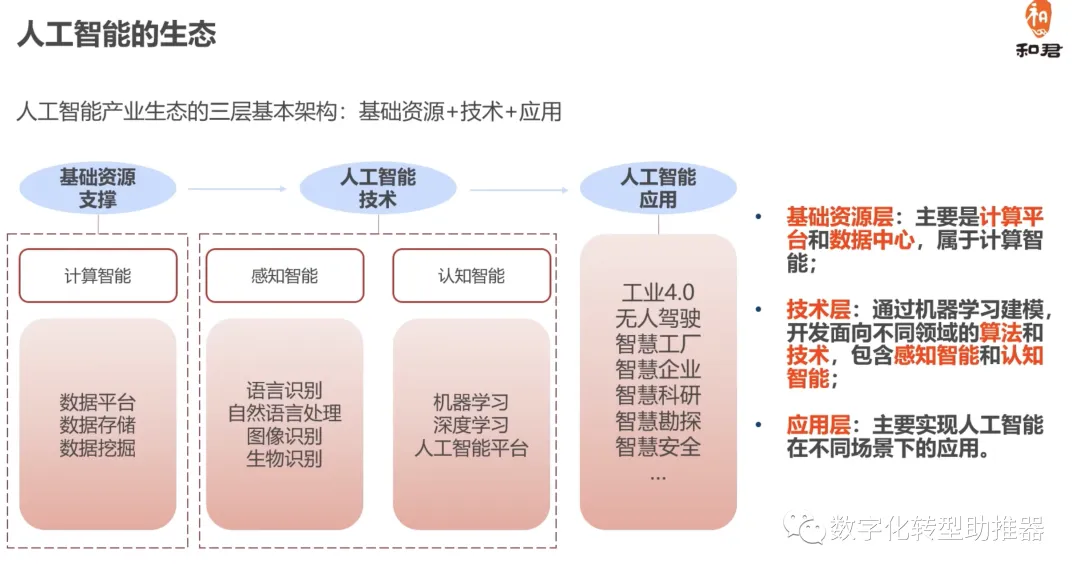
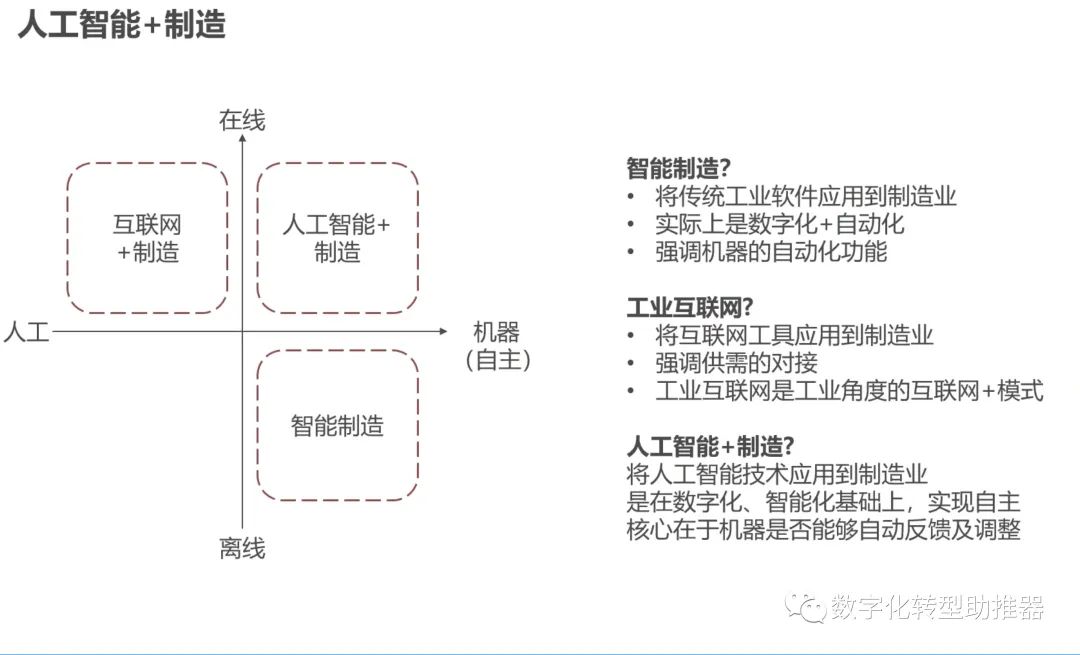
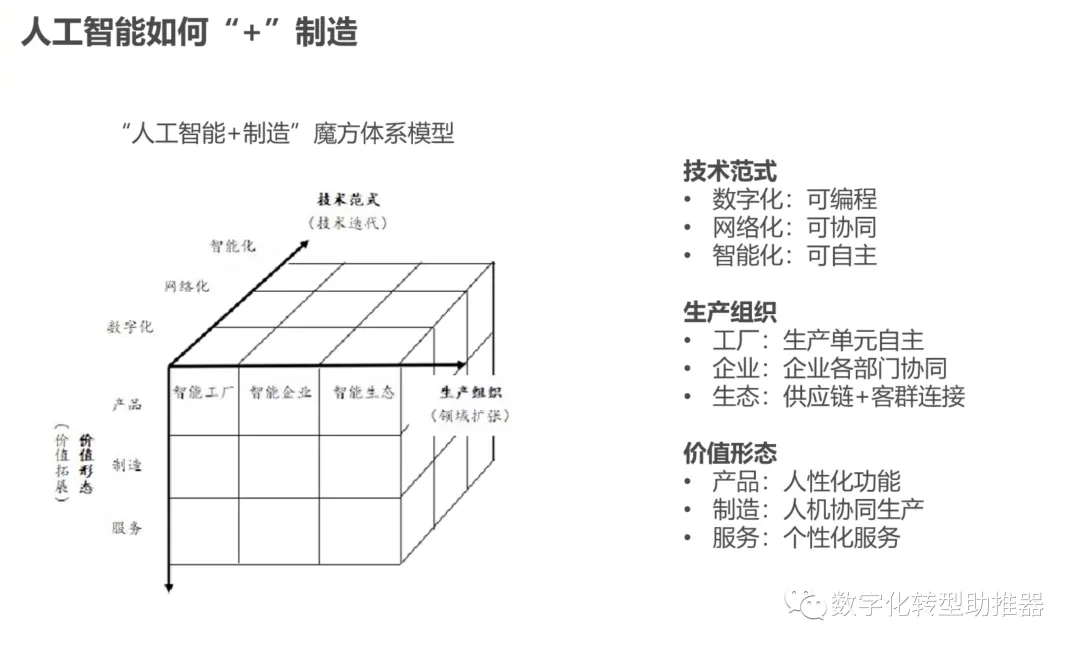
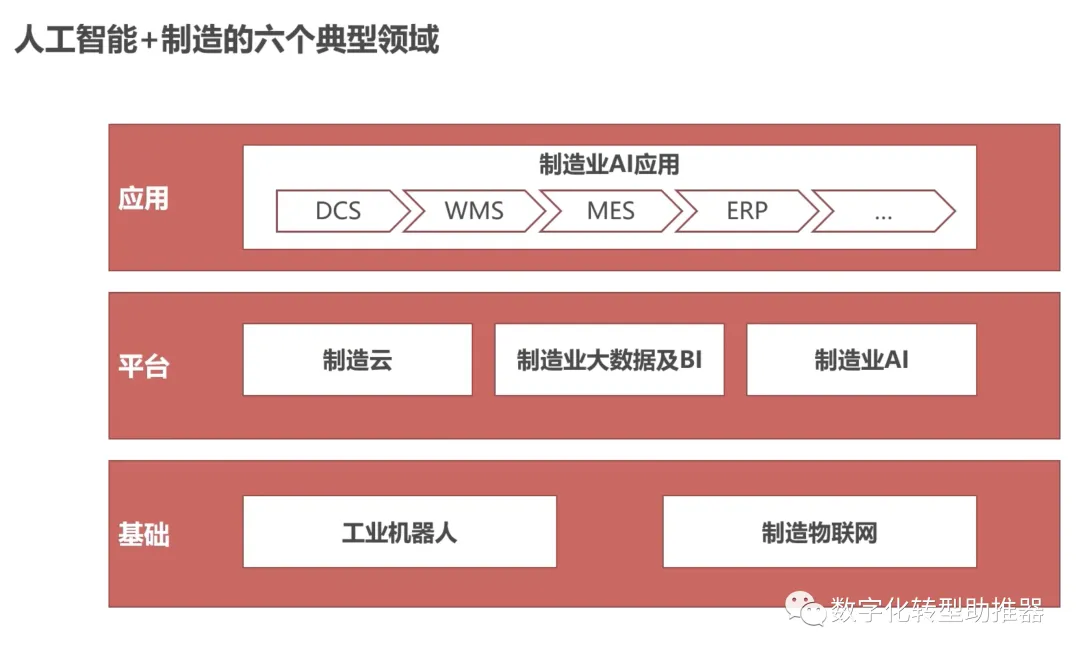
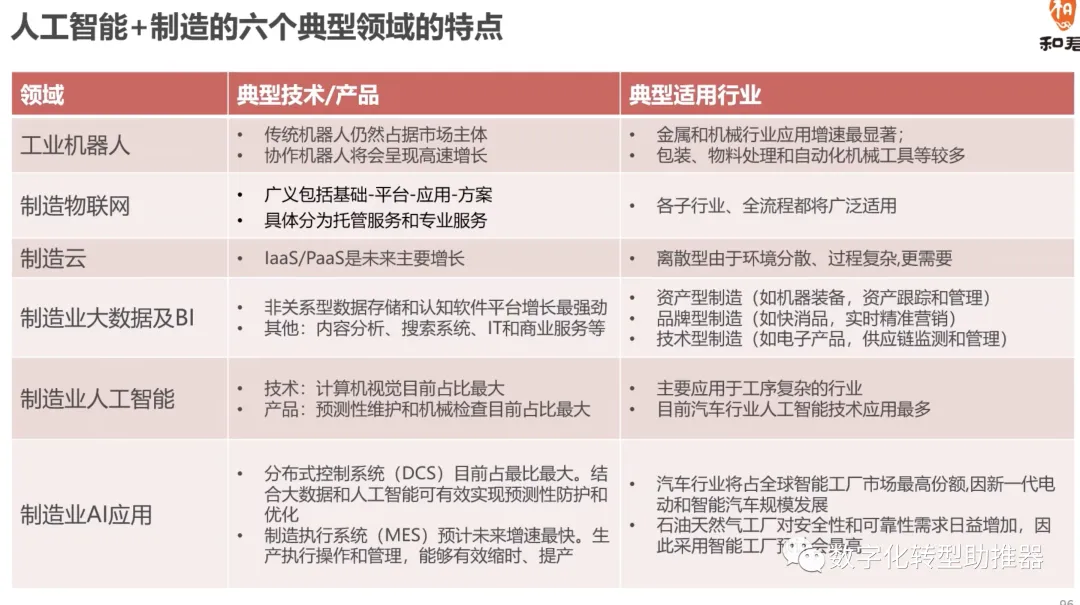
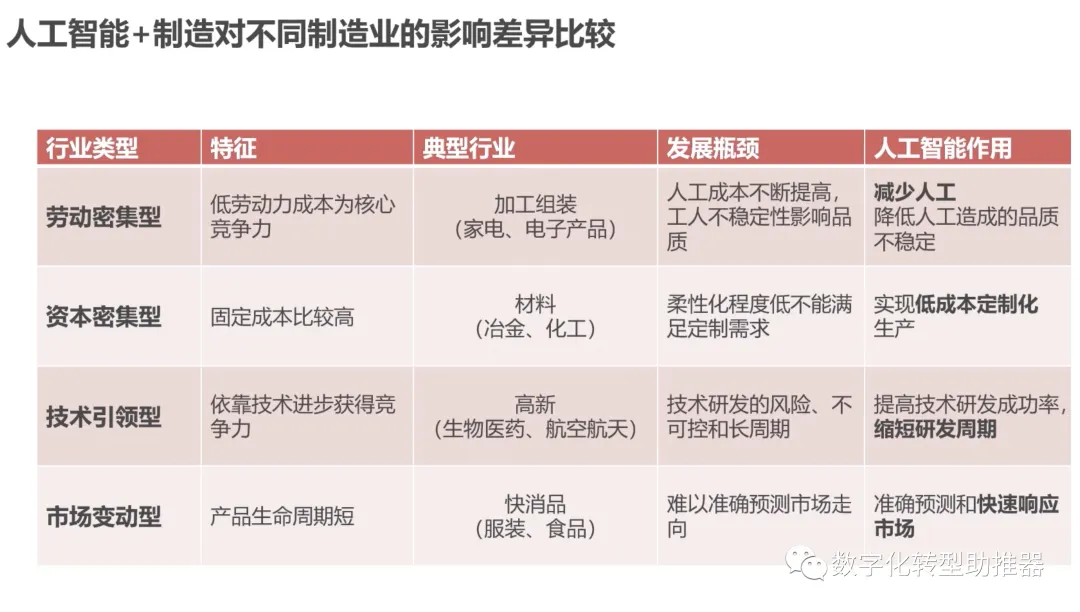
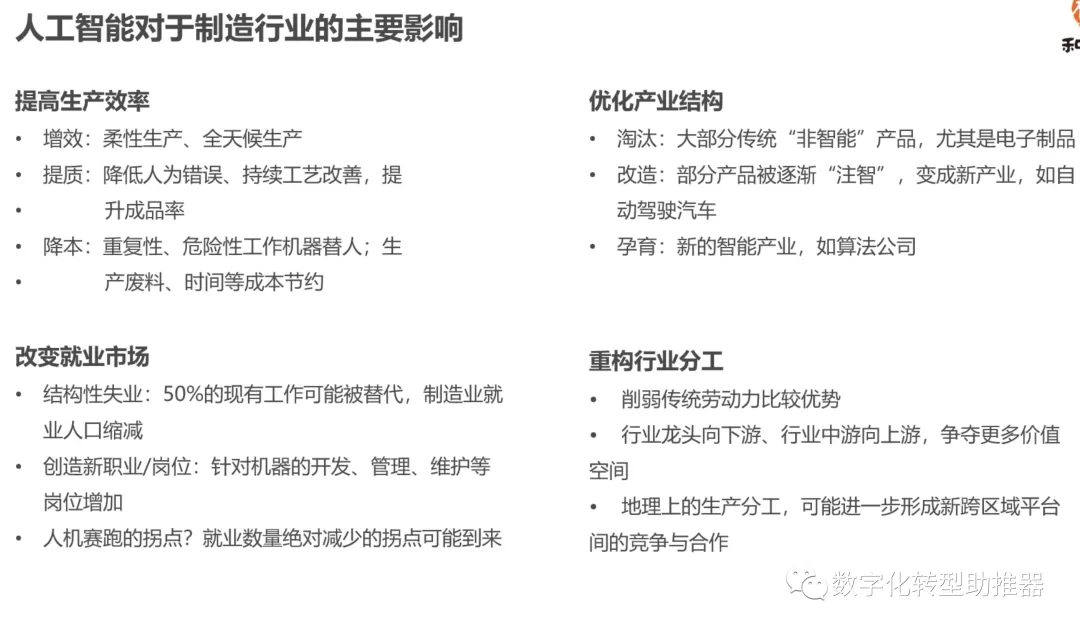
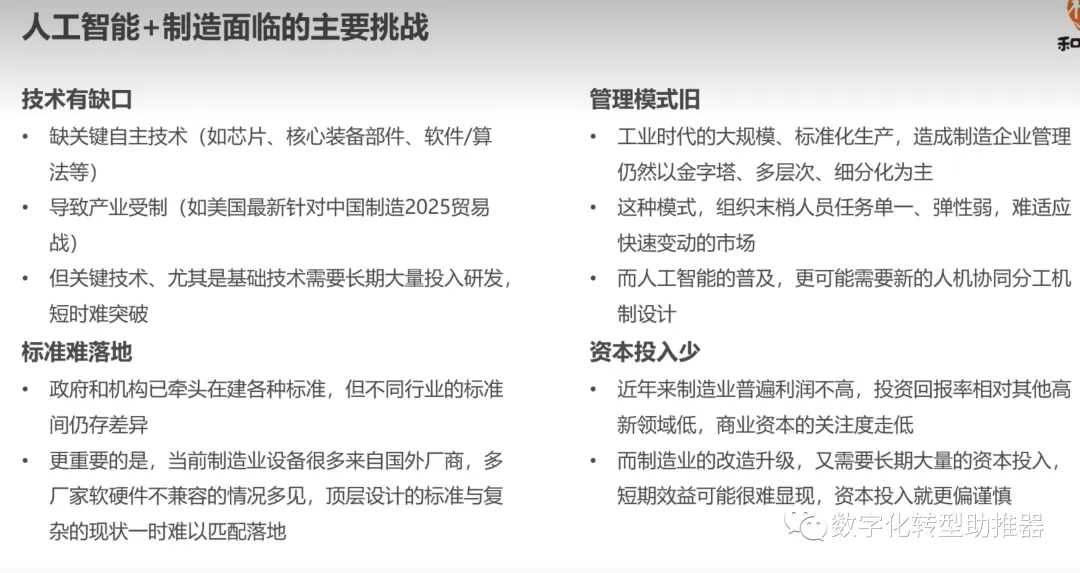
One of the key roles of artificial intelligence in digital transformation is the ability to analyze and interpret large amounts of data in real time. With the help of artificial intelligence analysis, enterprises can gain in-depth understanding of customer behaviors, preferences and trends, so that they can make data-driven decisions and provide highly personalized service experiences.
Through data analysis, customers can be segmented based on different criteria such as demographics, purchasing behavior and preferences, allowing companies to tailor communications and marketing to each different customer group. strategies to provide them with a more personalized experience.
Artificial Intelligence and Software Engineering
In addition to data analysis, artificial intelligence is driving process automation and optimization of software development. By automating repetitive and manual tasks, AI systems can significantly improve software development efficiency.Use artificial intelligence technology to automate software development to help software engineers complete repetitive, tedious or time-consuming tasks. For example, automatically generate code, automated testing, etc. While improving development efficiency, it reduces the possibility of code errors, frees up developers' time and energy, and allows them to focus on high-level tasks and innovative work.
By utilizing artificial intelligence technology, we can perform data analysis and pattern recognition more quickly and accurately, thereby helping us predict trends and trend development. Artificial intelligence can also help us identify patterns and correlations hidden behind large amounts of data, spot changes and trends, and make predictions based on this information. This ability can be useful in a variety of fields, including finance, healthcare, marketing, and more. The development and application of artificial intelligence makes predictive analysis more efficient and accurate, thereby providing stronger support for decision-making. AI-driven predictive analytics is another key area triggering revolutionary changes in digital transformation. With the help of historical data and machine learning algorithms, businesses can accurately predict the future to proactively address challenges and seize opportunities. Take retail companies, for example, which use artificial intelligence algorithms to analyze customers' purchasing patterns, predict future demand, optimize inventory management and ensure adequate supply of popular products. Today’s speed of consumer interactions and demands require brands to have the ability to respond to changing circumstances in real time. By integrating real-time analytics into predictive models, businesses can make immediate decisions, which is critical to delivering a superior customer experience. In summary, AI is fundamentally changing digital transformation. With the help of AI technology, enterprises can discover new opportunities for growth, increase efficiency and improve customer experience. From personalized experiences and intelligent automation to advanced analytics and predictive capabilities, AI is revolutionizing and disrupting every industry. By leveraging the full potential of AI, businesses can improve their digital transformation processes, stay competitive, and provide customers with superior products, services, and experiences. Artificial Intelligence and Predictive Analysis
The above is the detailed content of How does AI artificial intelligence promote digital transformation?. For more information, please follow other related articles on the PHP Chinese website!
 Application of artificial intelligence in life
Application of artificial intelligence in life
 What is the basic concept of artificial intelligence
What is the basic concept of artificial intelligence
 What is the difference between guid and mbr formats
What is the difference between guid and mbr formats
 What are the functions of computer networks
What are the functions of computer networks
 What system is qad?
What system is qad?
 What is the cmd command to clean up C drive junk?
What is the cmd command to clean up C drive junk?
 Promoting ads
Promoting ads
 How to solve the problem of not being able to create a new folder in Win7
How to solve the problem of not being able to create a new folder in Win7




